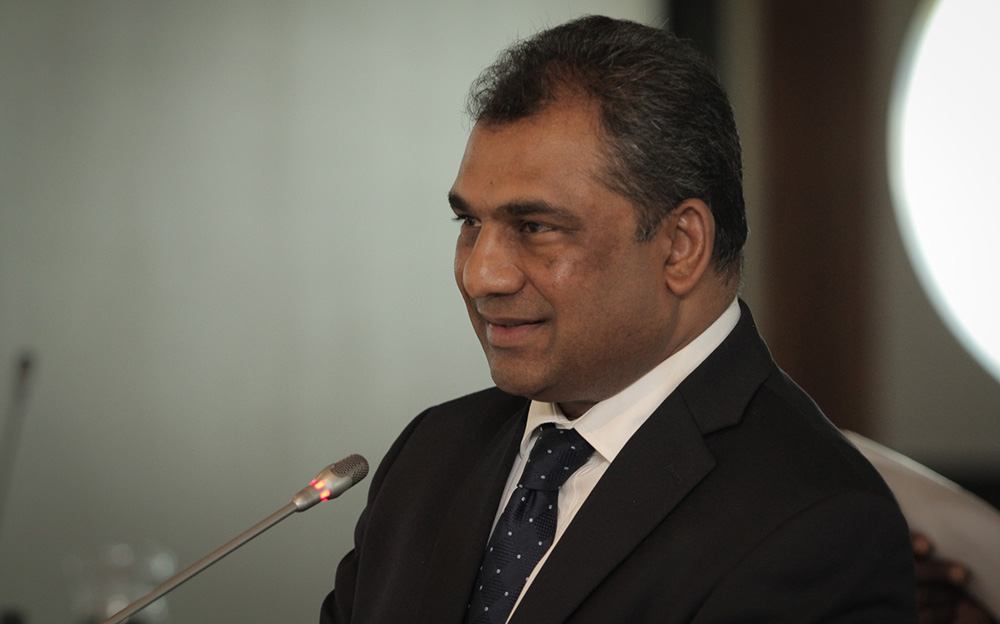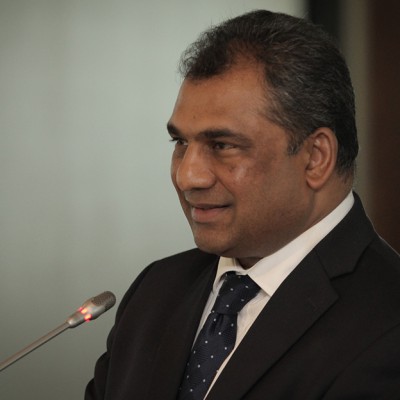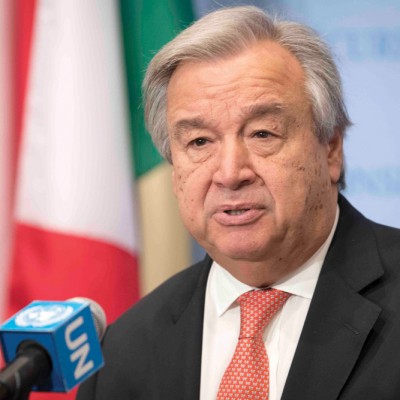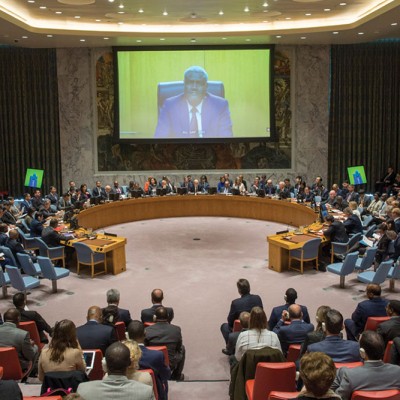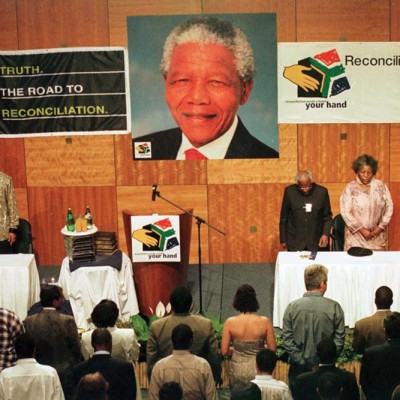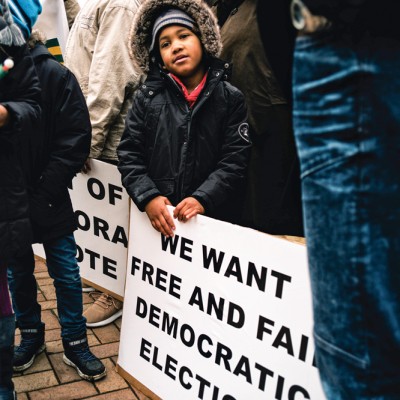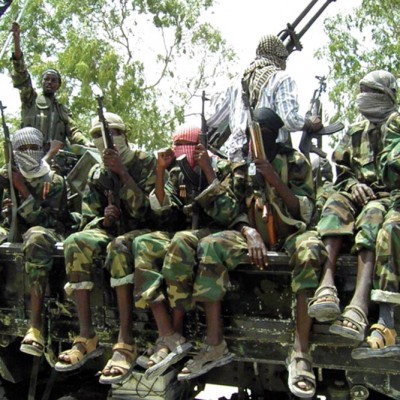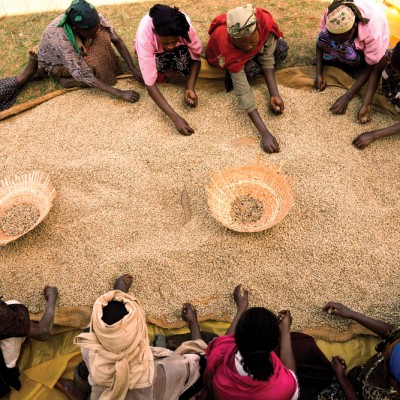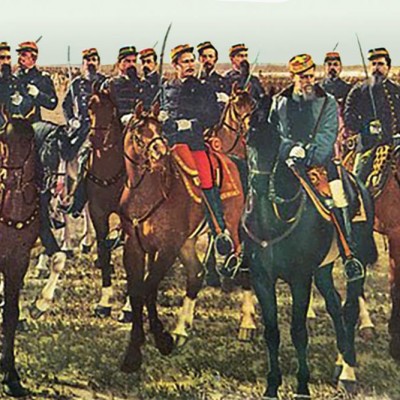In October 1998, five years after ACCORD was established, we took the bold step of starting a quarterly magazine called Conflict Trends. We were aware of the difficulties of establishing and sustaining a non-commercial magazine. Today, we are very proud that in this, our 20th year of Conflicts Trends, we can reflect on having successfully and regularly produced this quarterly magazine. Our commitment to publishing the thoughts and ideas of African scholars and practitioners remains a cornerstone of our objectives.
In the 1998 inaugural issue, I wrote:
ACCORD is an organisation dedicated to finding solutions to the many conflicts that confront Africa. We do not claim to be neutral or apolitical on the issues that we deal with. To claim this would be a denial of our identity as Africans, living amidst conditions of poverty and deprivation of freedoms of one kind or another that stifle individual and collective potential. In this context our neutrality and political silence will be an abrogation of our responsibility to alleviate the conditions of those who are poor and deprived of freedoms. Conflict Trends provides a forum for this ongoing reflection and analysis. In dispensing our responsibility we have to be mindful of the role that we have chosen to play in this African drama. We have to find an appropriate and effective manner to dispense our responsibility. Our role is that of an impartial broker and facilitator of solutions to complex and simple challenges that face Africans at the local, national and continental levels. In addressing these challenges we will use all our resources to seek and achieve peaceful solutions that advance human development.
I stated further in that inaugural editorial:
Our modus operandi has been and will continue to be one where we develop skills in conflict management, research conflict situations and provide possible solutions, and facilitate communication between conflicting parties. This magazine will reflect that modus operandi. We will present in a non-judgemental way the views of autocrats and democrats, dictators and liberators, academics and policy makers, young people and old people, modernists and traditionalists, moderates and extremists. Our intention will be to educate and enlighten and to use this mechanism in a responsible way to facilitate the peaceful settlement of African conflicts.
We hope that you, the reader of today, and our future readers, can look back on 20 years of Conflict Trends and clearly see the criteria and standards to which we remain committed. We hope that we have presented you with diverse opinions, so that you could make informed decisions or hold balanced discussions on our contributors’ analyses in Conflict Trends. We hope that we have also given a voice and platform to Africa and the Global South, and that we have remained true to our policy of ensuring gender representation in the selection of authors and articles.
Over the years, we have adapted the feel and look of Conflict Trends to a changing world. We have also ensured that Conflict Trends is available in electronic format as well as in print. The electronic format is also available in several languages through Google Translate.
For the last eight years, Conflict Trends, together with our other publications, have earned ACCORD a place in the top 100 think tanks globally, according to Pennsylvania University’s annual Think Tanks Survey of approximately 6 000 think tanks. We plan to continue sharing with you cutting-edge perspectives and practices of African writers, as well as global scholars and practitioners who have chosen to think and write about Africa.
I want to thank the team who has steadfastly contributed their time and energy to making sure Conflict Trends is produced on time, on budget and with great quality. I therefore conclude this editorial as I did the first one 20 years ago:
We hope… to make a modest contribution towards making the twenty-first century the African Century! We invite you to share in this hope with us by using Conflict Trends as a vehicle to make African voices heard on African issues.

